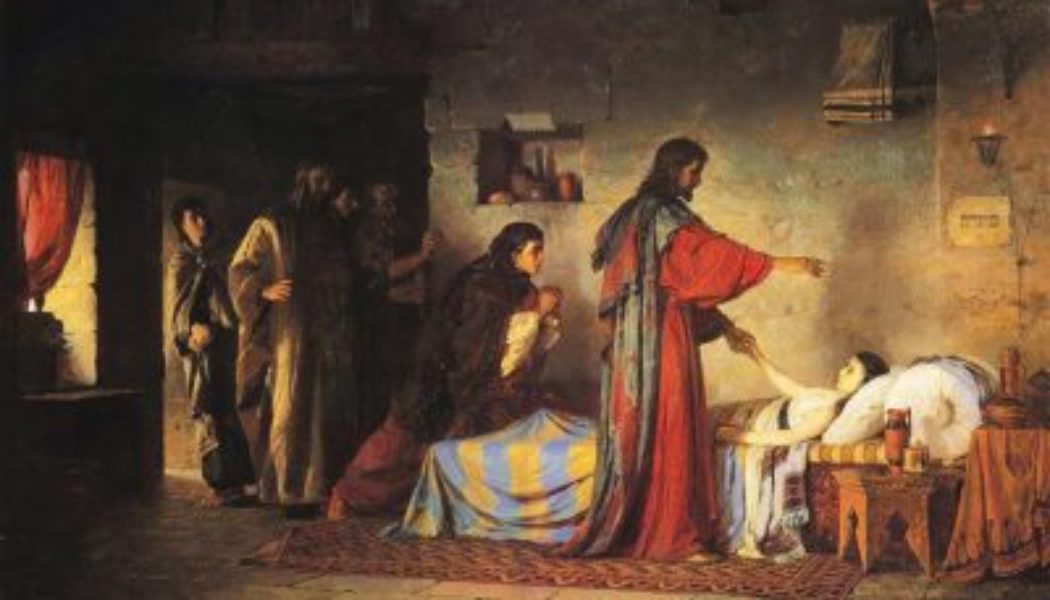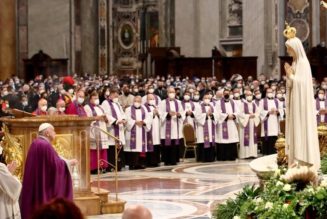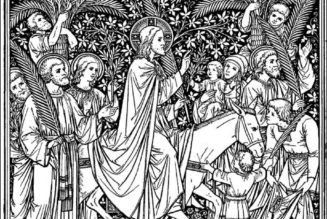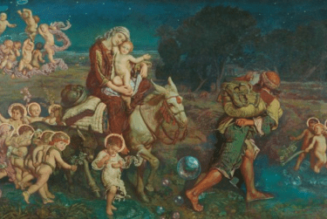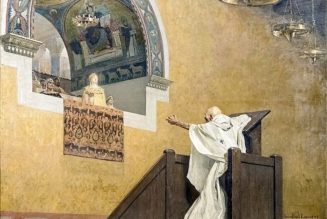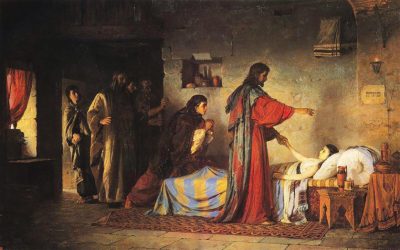 Readings:
Readings:
Wisdom 1:13-15, 2:23-24
Psalm 30:2, 4-6, 11-13
2 Corinthians 8:7, 9, 13-15
Mark 5:21-24, 35-43
God, who formed us in His imperishable image, did not intend for us to die, we hear in today’s First Reading. Death entered the world through the devil’s envy and Adam and Eve’s sin; as a result, we are all bound to die.
But in the moving story in today’s Gospel, we see Jesus liberate a little girl from the possession of death.
On one level, Mark is recounting an event that led the disciples to understand Jesus’ authority and power over even the final enemy, death (see 1 Corinthians 15:26). On another level, however, this episode is written to strengthen our hope that we too will be raised from the dead, along with all our loved ones who sleep in Christ (see 1 Corinthians 15:18).
Jesus commands the girl to “Arise!”—using the same Greek word used to describe His own resurrection (see Mark 16:6). And the consoling message of today’s Gospel is that Jesus is the resurrection and the life. If we believe in Him, even though we die, we will live (see John 15:25–26).
We are called to have the same faith as the parents in the Gospel today—praying for our loved ones, trusting in Jesus’ promise that even death cannot keep us apart. Notice the parents follow Him
even though those in their own house tell them there is no hope, and even though others ridicule Jesus’ claim that the dead have only fallen asleep (see 1 Thessalonians 4:13–18).
Already in Baptism, we’ve been raised to new life in Christ. And the Eucharist, like the food given to the little girl today, is the pledge that He will raise us on the last day.
We should rejoice, as we sing in today’s Psalm, that He has brought us up from the netherworld, the pit of death. And, as Paul exhorts in today’s Epistle, we should offer our lives in thanksgiving for this gracious act, imitating Christ in our love and generosity for others.
